17 GPTs for Literature Discovery Powered by AI for Free of 2025
AI GPTs for Literature Discovery are advanced generative pre-trained transformer models tailored for the exploration and analysis of literary content. These tools leverage AI to sift through vast amounts of literature, identifying trends, themes, and connections that might not be immediately apparent. They are designed to assist in the nuanced task of discovering and interpreting literary works, making them invaluable for researchers, students, and enthusiasts seeking to uncover insights within texts.
Top 10 GPTs for Literature Discovery are: PubMed Query Assistant,Book Personality Quiz,책추남TV - 책 추천해 주는 남자,E-Lit Bot,Reading,VAE Mentor,Book Expert (ggle book search),Book Finder,书评 - Book Insights,Books
PubMed Query Assistant
Your AI-Powered Pathway to Precision PubMed Searches
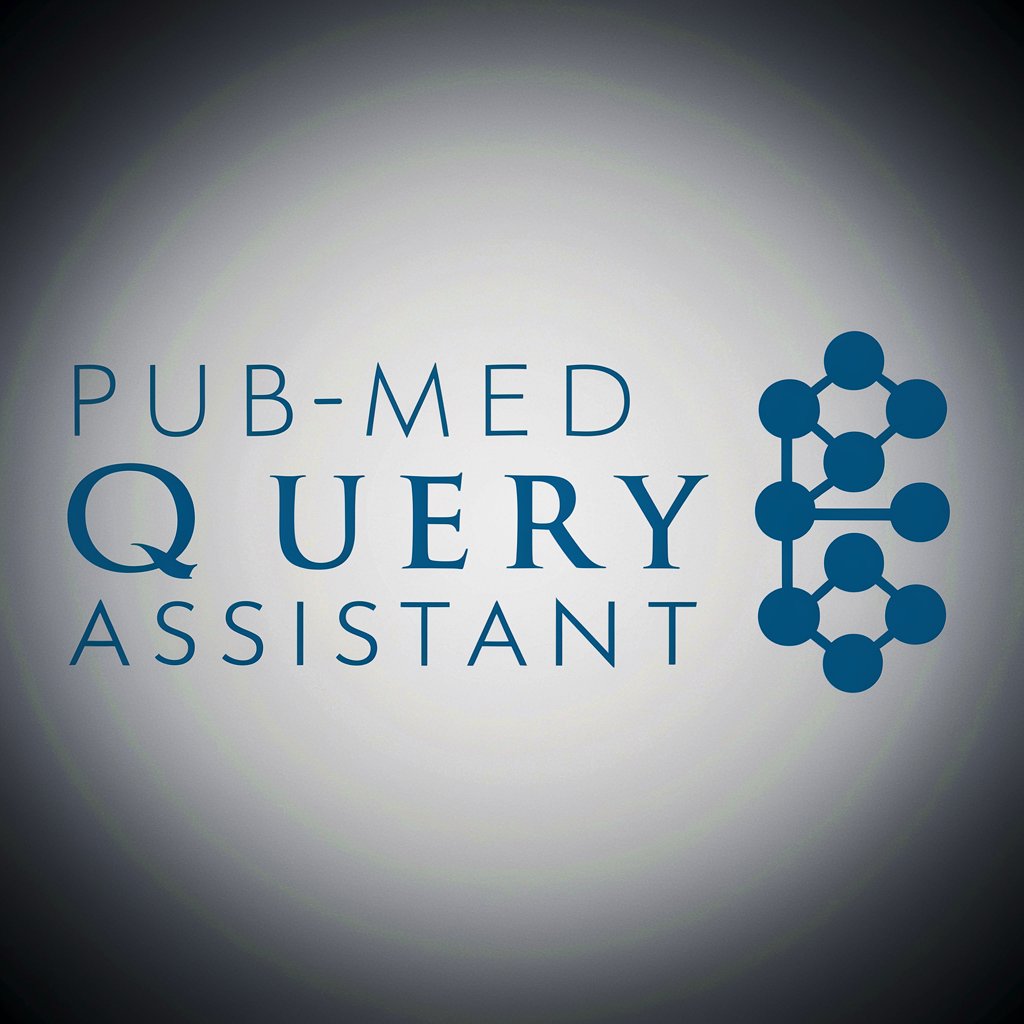
Book Personality Quiz
Discover your next read with AI!
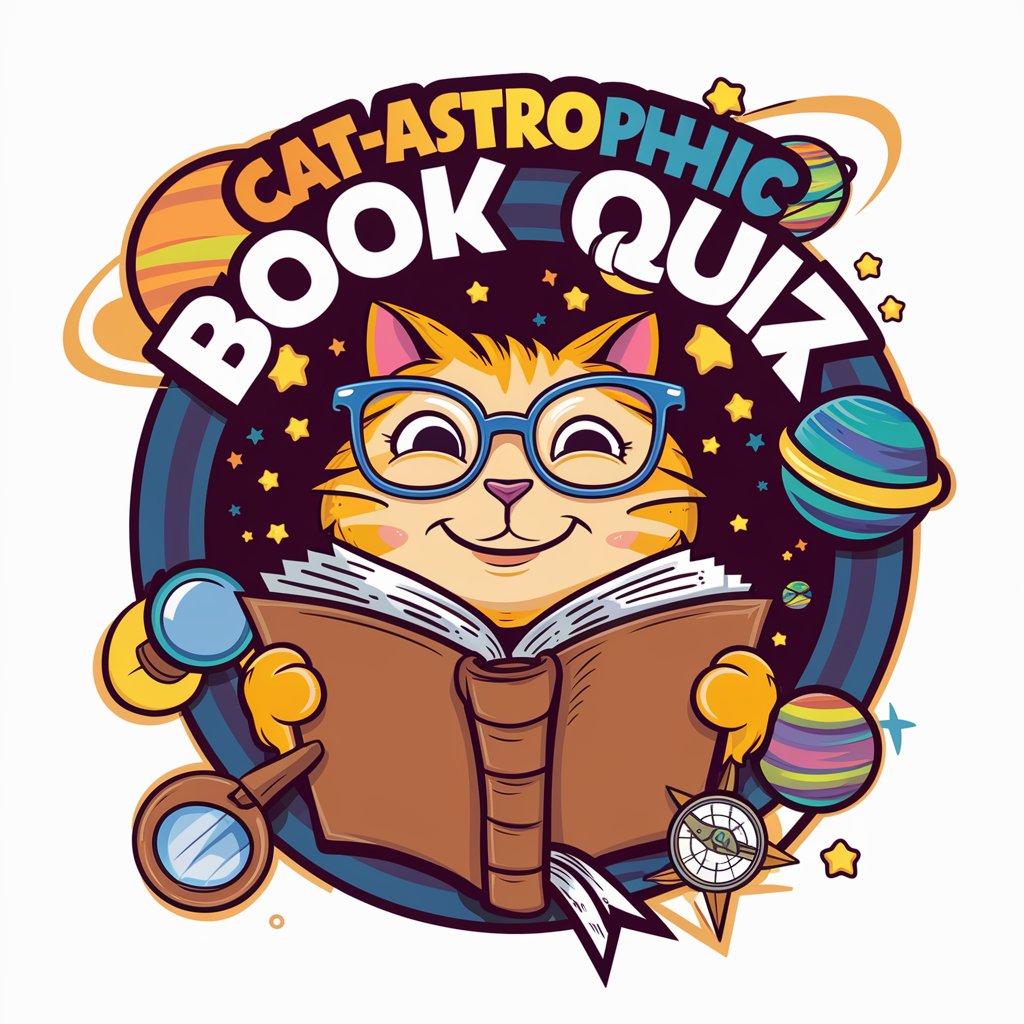
책추남TV - 책 추천해 주는 남자
Discover Books That Transform with AI
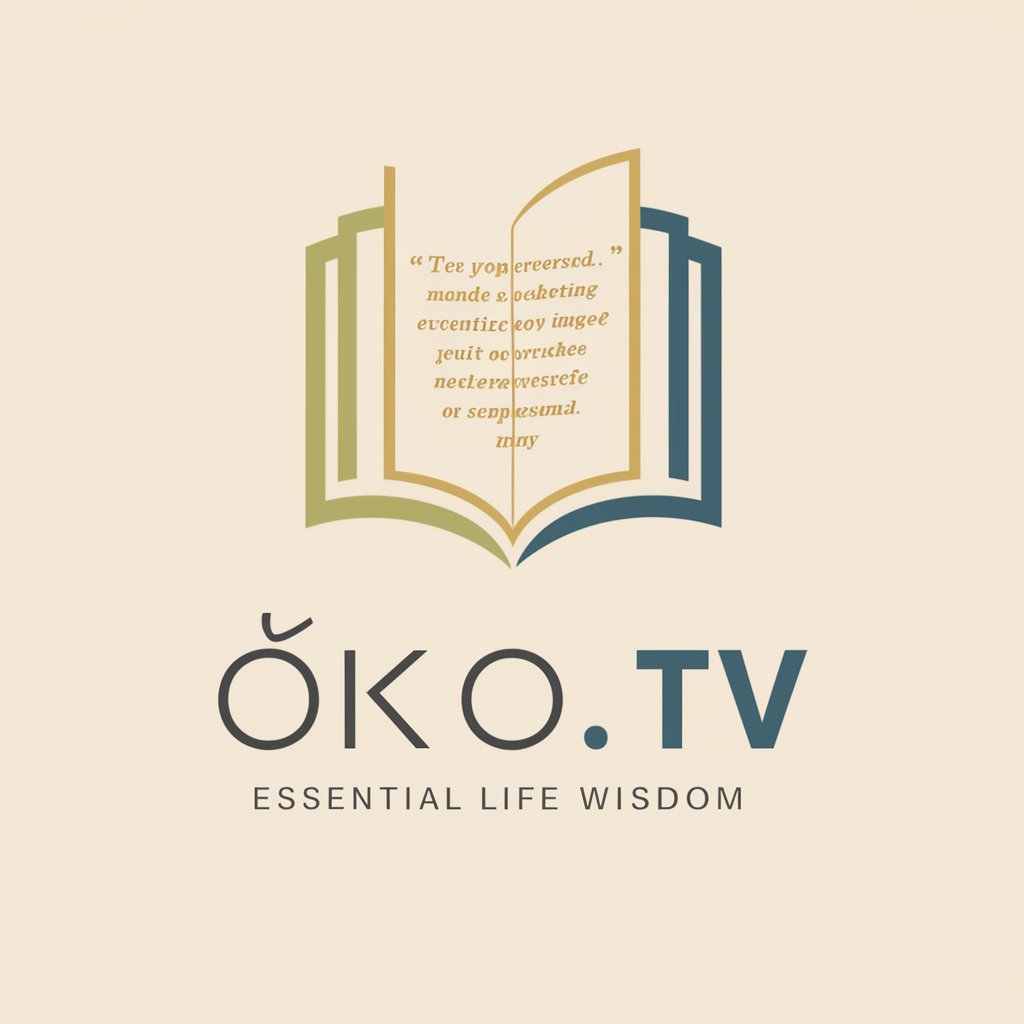
E-Lit Bot
Navigating Electronic Literature with AI
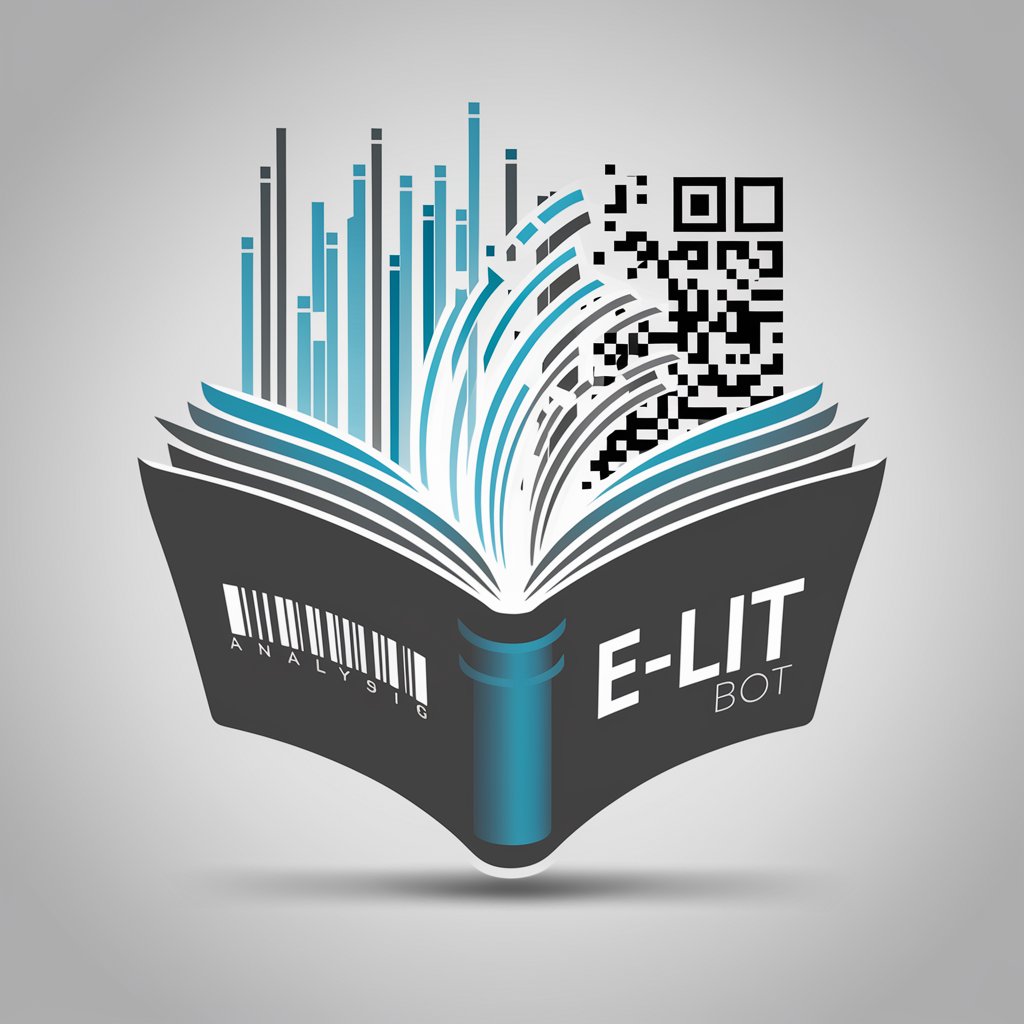
Reading
Empowering your literary journey with AI

VAE Mentor
Empowering Your Academic Journey with AI

Book Expert (ggle book search)
Discover Books with AI Expertise
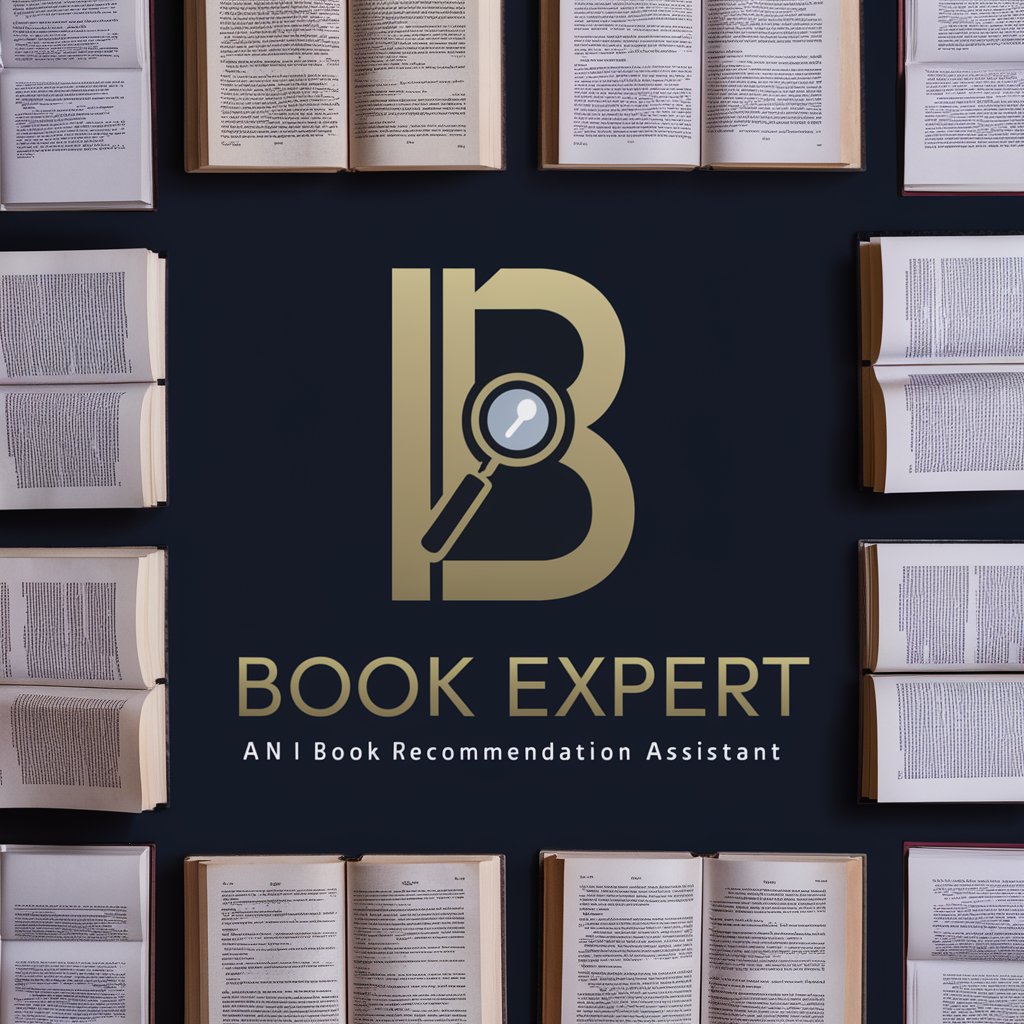
Book Finder
Discover books with AI-powered precision.
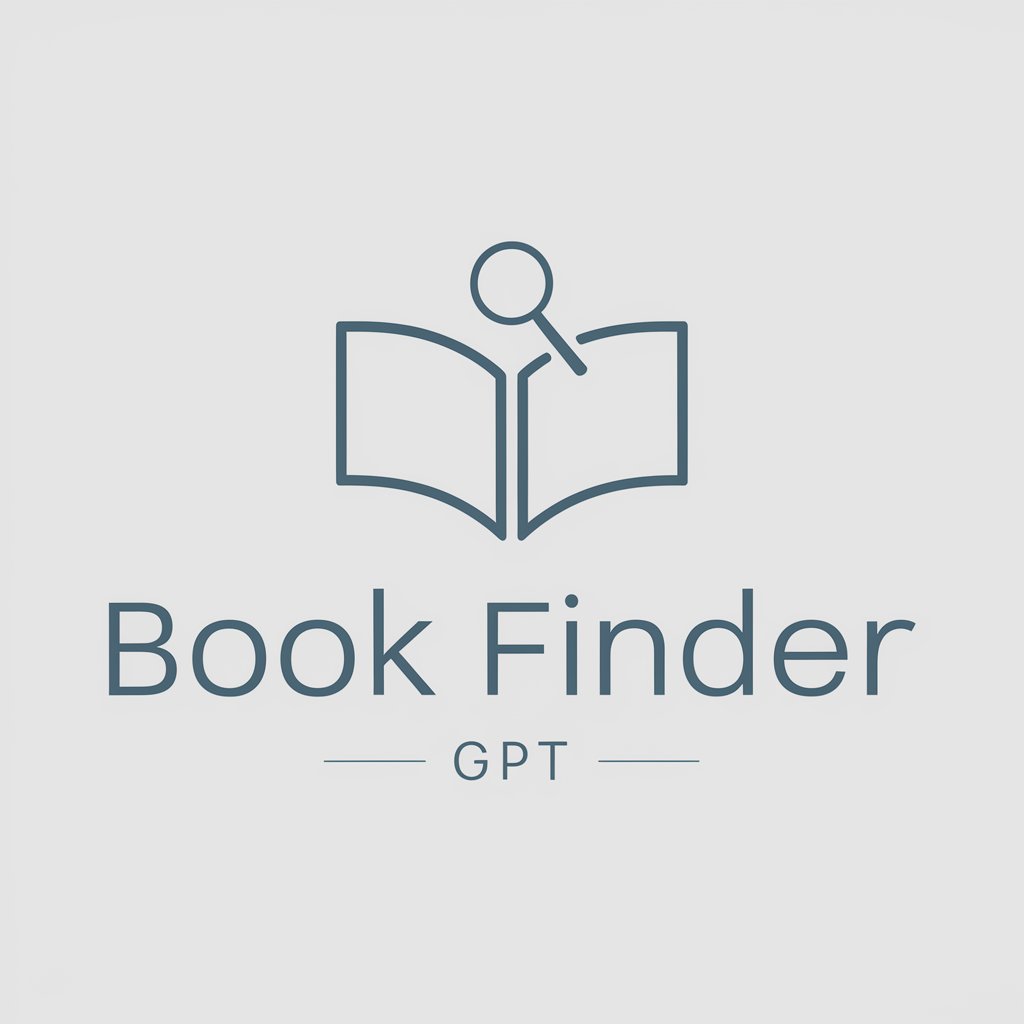
书评 - Book Insights
Enrich Your Reading with AI

Books
Discover Books with AI-Powered Insights
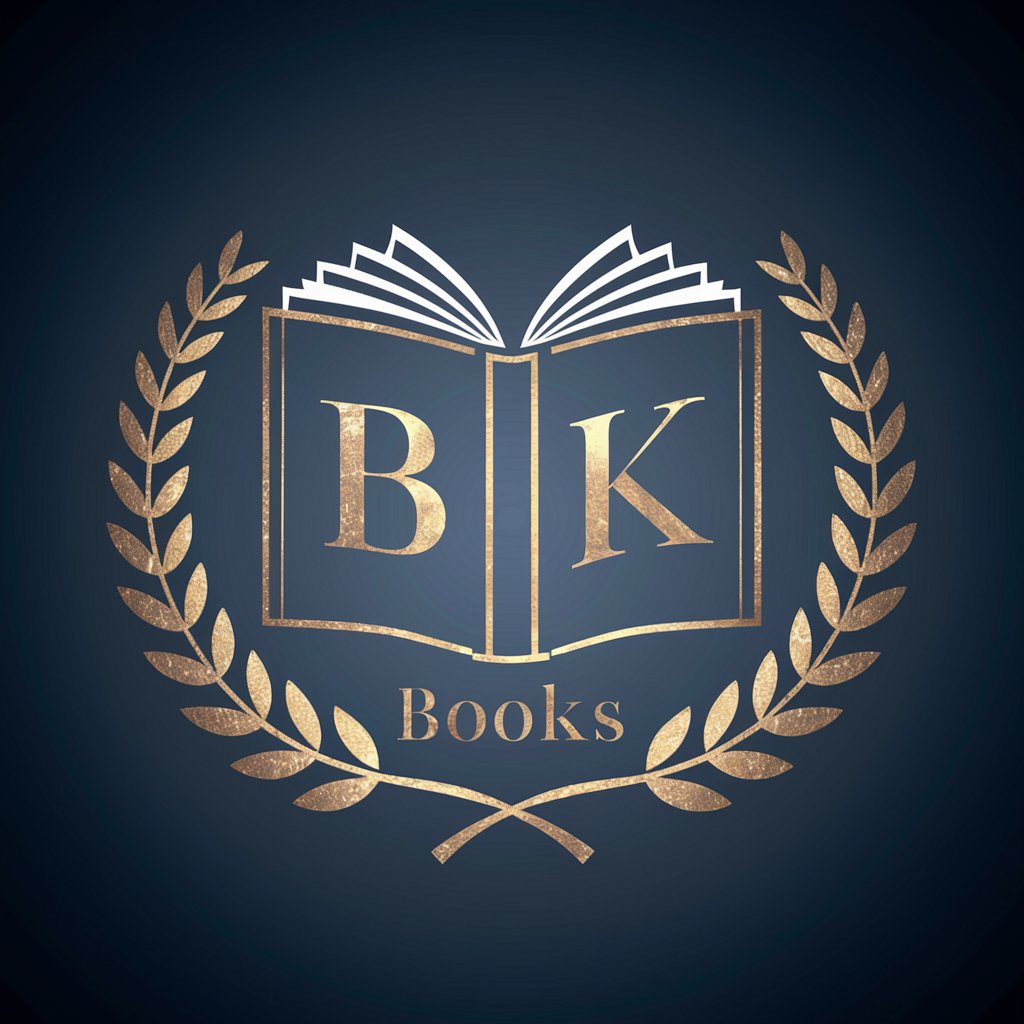
Open Library Expert
Discover books with AI-powered search

Book Finder
Empowering Readers with AI-Driven Book Searches
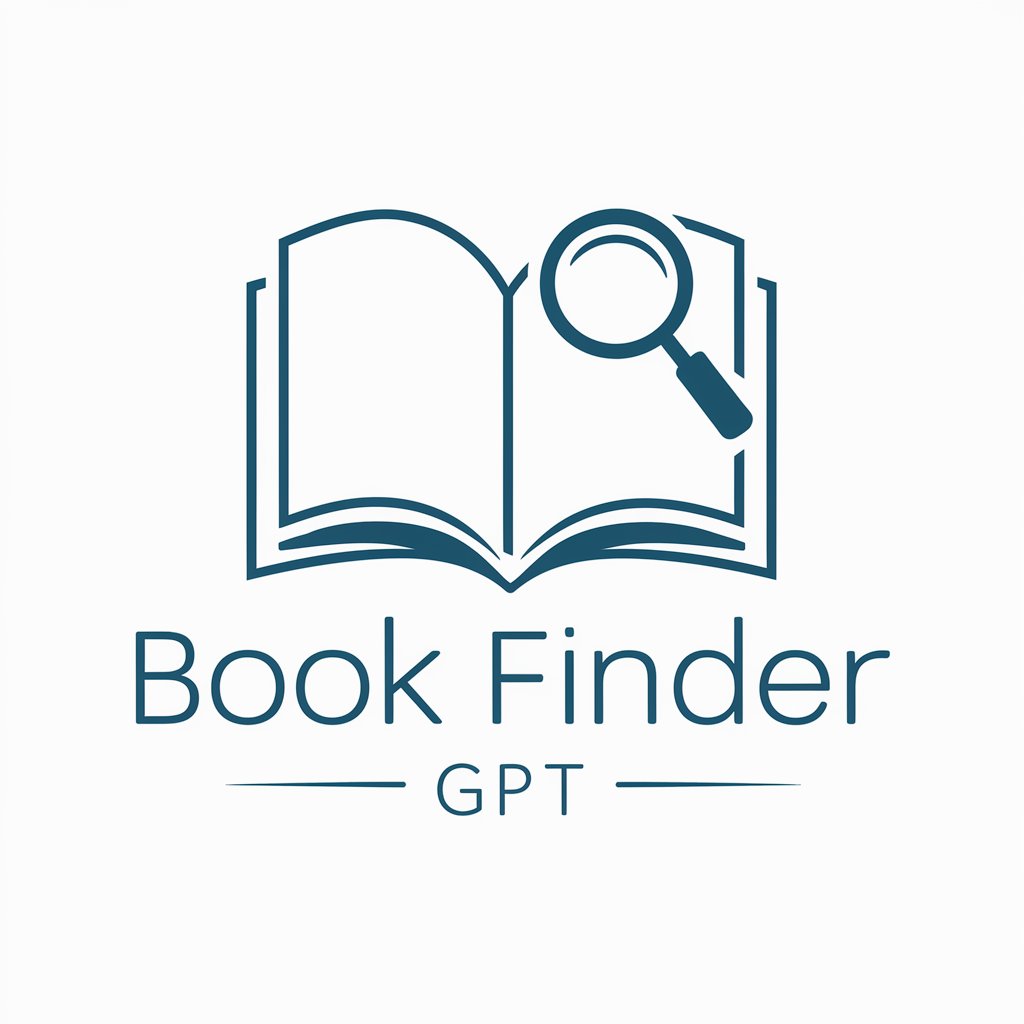
BookBot
Discover Your Next Favorite Book with AI
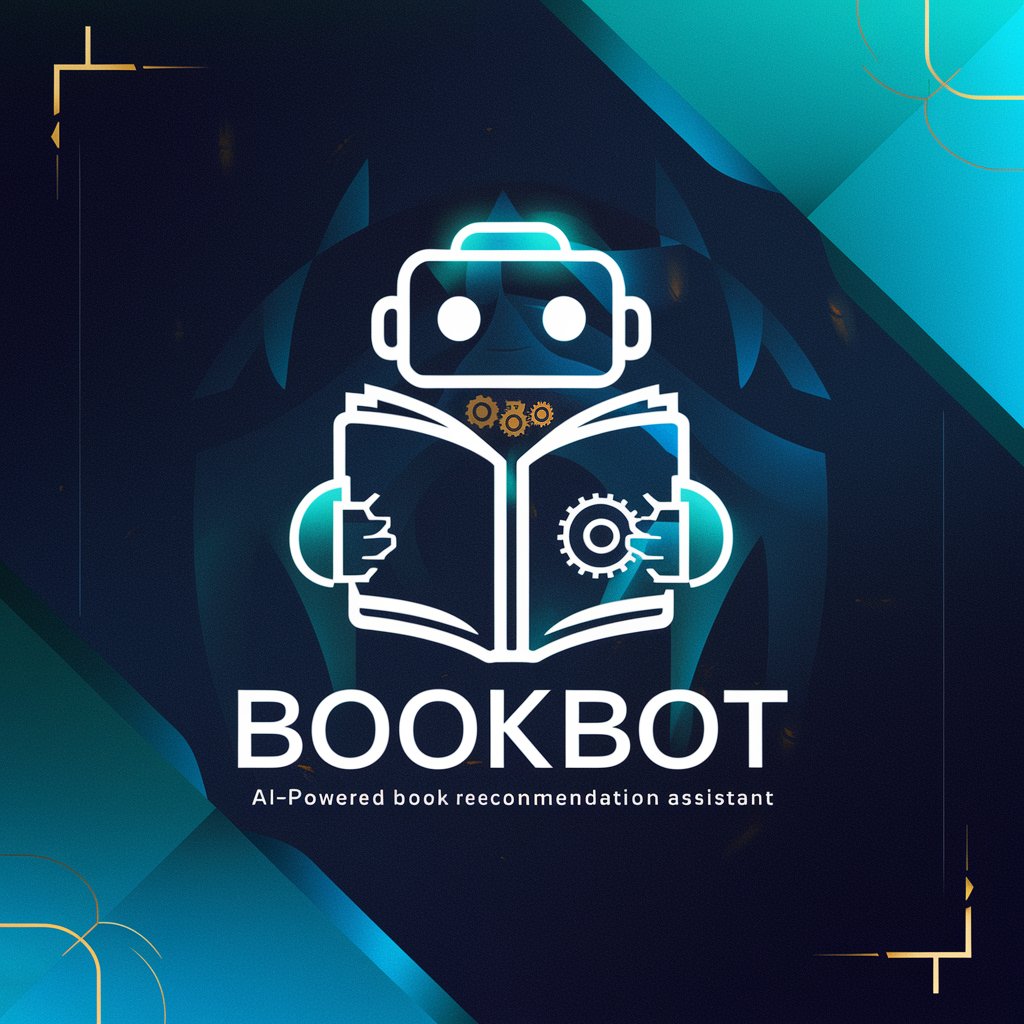
Book Scout
Discover New Reads with AI-Powered Insights
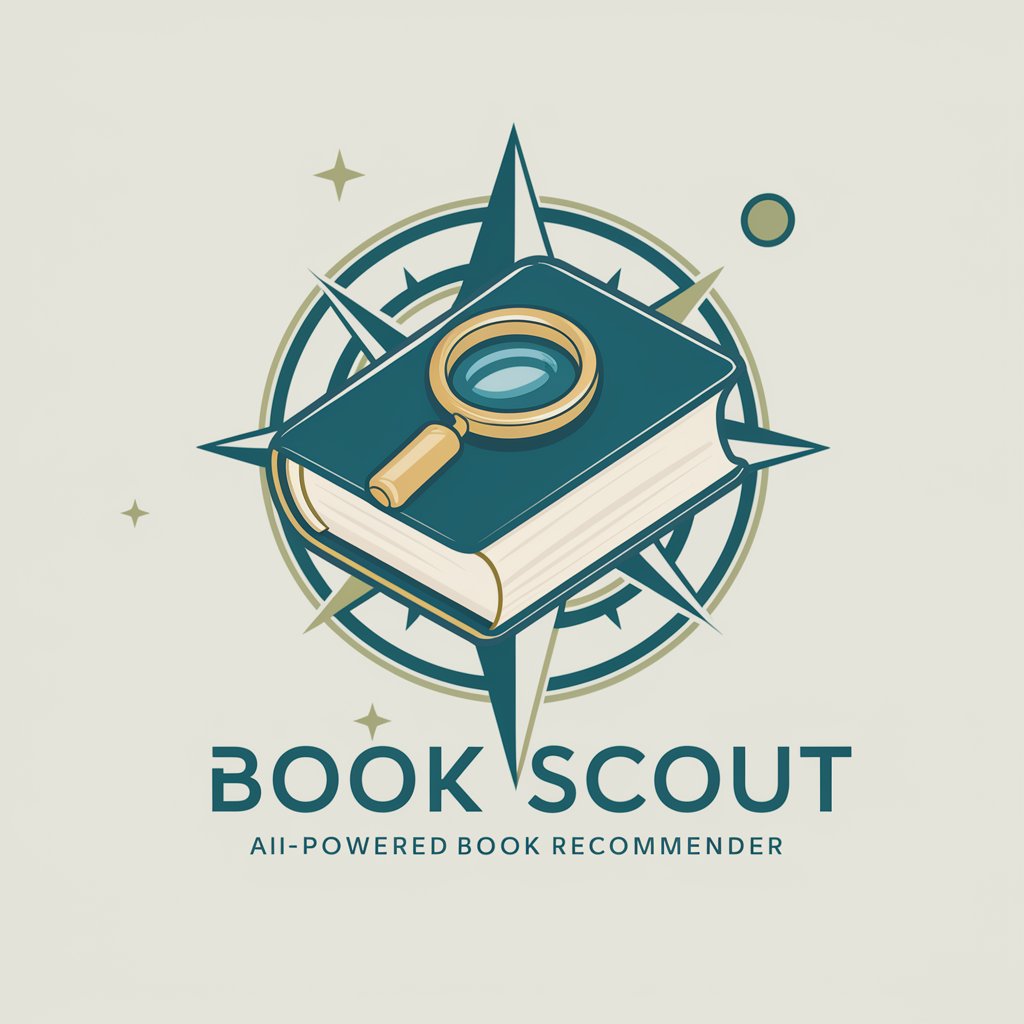
Greatest Librarian
Your AI-powered literary compass.
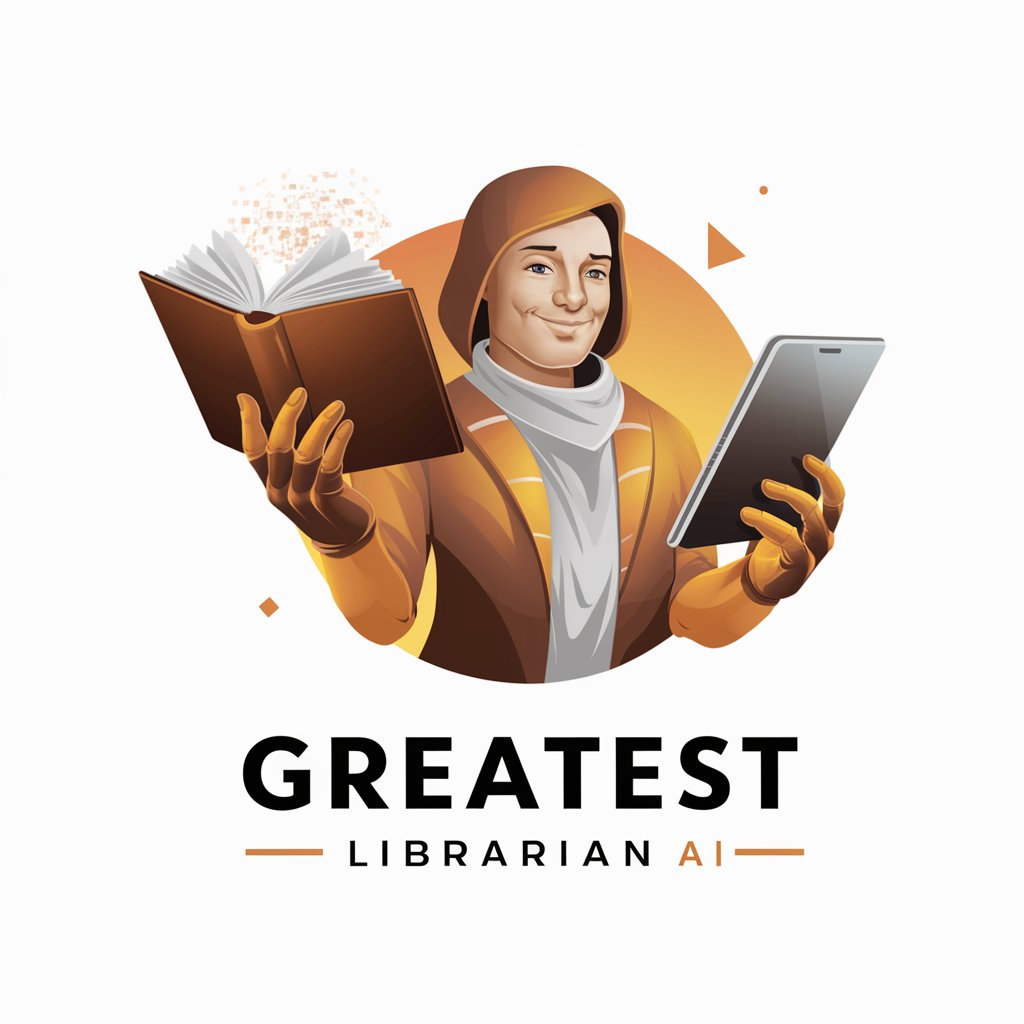
El Bibliotecario
Discover Your Next Great Read with AI
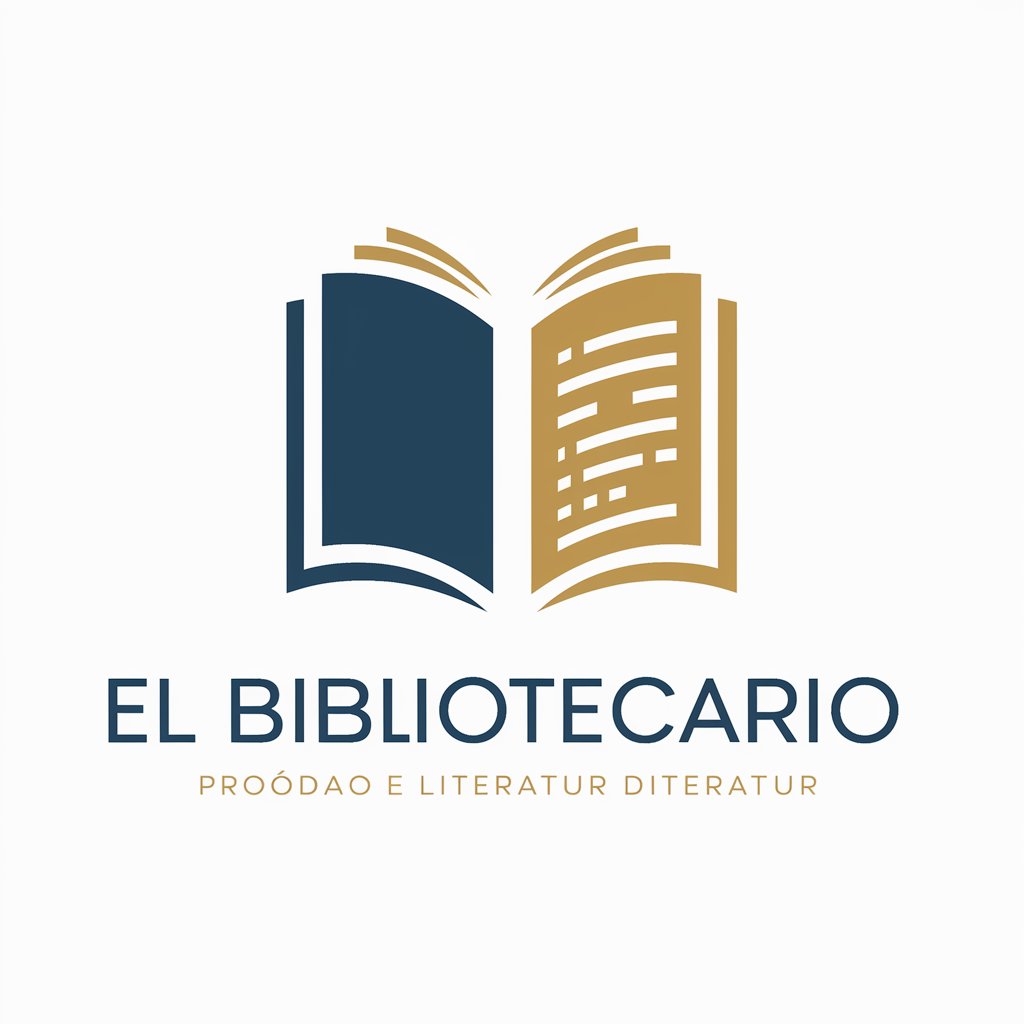
LibroSavio
Unlocking the world of books with AI
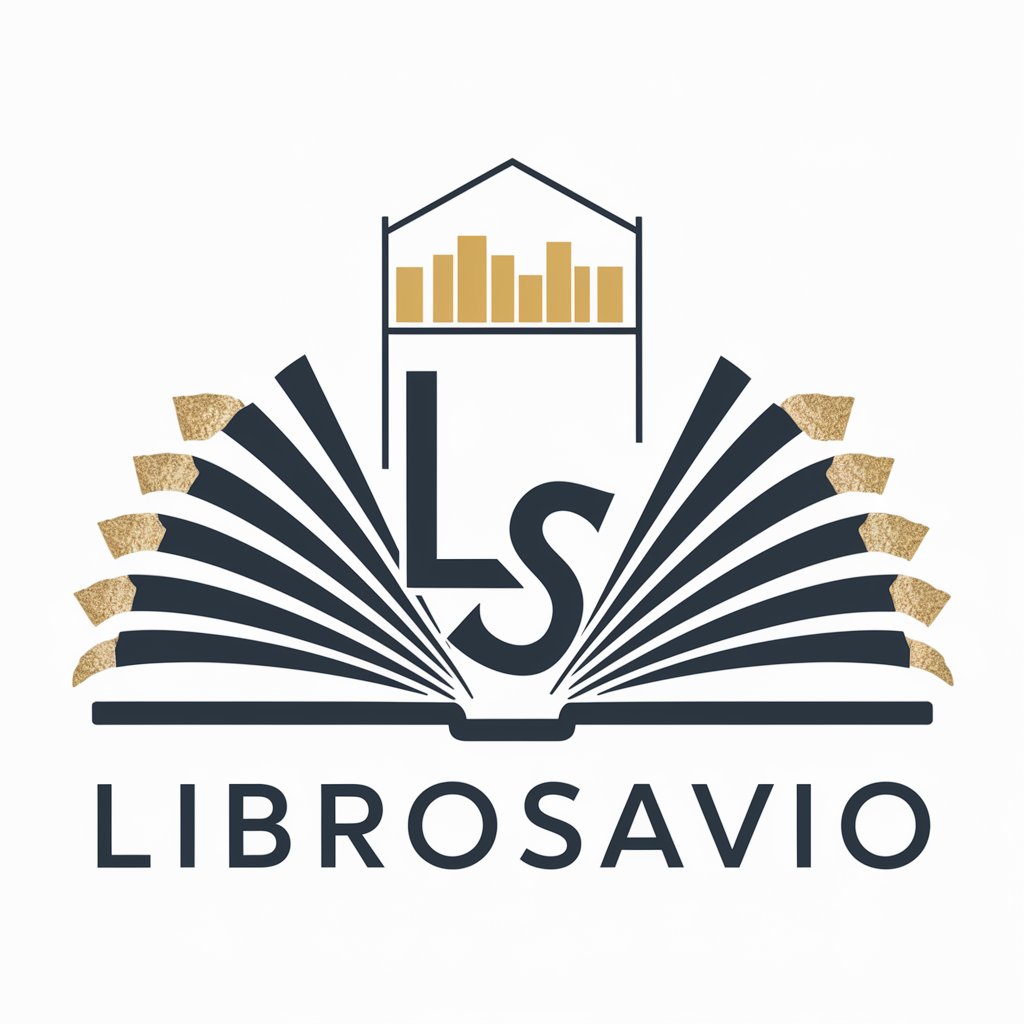
Key Attributes of AI Literature Discovery Tools
These GPTs offer a range of capabilities, from natural language understanding and generation to sentiment analysis and thematic categorization. They can adapt to various complexity levels, catering to both broad overviews and deep dives into specific literary topics. Unique features include the ability to process multiple languages, support for technical literature, integrated web searching for the latest publications, image creation for visual summaries, and data analysis tools for trend spotting.
Who Benefits from Literary AI Exploration Tools
The primary users of these tools include literature students, researchers, librarians, and authors. They provide a straightforward interface for novices without coding skills, while offering advanced customization and programming interfaces for developers and IT professionals in the literary field. This dual approach ensures wide accessibility and adaptability to various needs and expertise levels.
Try Our other AI GPTs tools for Free
Historical Books
Discover the transformative power of AI GPTs for Historical Books, your gateway to unlocking the secrets of the past with cutting-edge technology.
Multilingual Searches
Discover how AI GPTs for Multilingual Searches bridge language gaps, offering adaptable, user-friendly tools for seamless multilingual information retrieval and interaction.
Lease Guidance
Discover the future of leasing with AI GPTs: Your expert guide for tailored lease advice, market insights, and personalized solutions.
Maintenance Issues
Discover how AI GPTs for Maintenance Issues revolutionize task management and predictive maintenance, offering smart, adaptable solutions for professionals and businesses.
Eviction Protection
Explore AI GPT tools for Eviction Protection: tailored solutions for navigating eviction laws, providing personalized advice, and safeguarding tenants' rights.
Housing Laws
Discover how AI GPTs for Housing Laws revolutionize legal assistance, offering tailored, user-friendly solutions for professionals and novices alike in navigating housing regulations.
Expanding Horizons with AI in Literature
AI GPTs for Literature Discovery are not just tools for analysis; they are gateways to new insights and understandings, making literature more accessible and engaging. Their user-friendly interfaces and integration capabilities mean they can easily become part of everyday research and exploration, changing how we interact with literary works.
Frequently Asked Questions
What exactly is AI GPT for Literature Discovery?
It refers to the use of generative pre-trained transformers specialized in analyzing and discovering patterns, themes, and insights in literary texts through advanced AI algorithms.
Can these tools analyze any type of literature?
Yes, they are designed to process a wide range of literary forms, including novels, poetry, essays, and technical literature, across multiple languages.
Do I need programming skills to use these tools?
No, these tools are designed to be user-friendly for individuals without coding expertise, though they also offer programming capabilities for advanced customization.
How can AI GPTs enhance literature research?
They can quickly analyze large volumes of text, uncover thematic and sentiment trends, and identify connections between works, significantly enhancing research efficiency and depth.
Are these tools suitable for language learning?
Yes, their capabilities in natural language processing and generation can be leveraged for language learning, especially in understanding literary nuances.
Can I integrate these tools into my existing research workflow?
Yes, many AI GPTs for Literature Discovery are designed to be integrated into existing systems, offering APIs and other technical interfaces for seamless workflow incorporation.
What makes these AI tools unique compared to traditional research methods?
Their ability to process and analyze literature at scale and speed, with nuanced understanding of language, offers unique insights that traditional methods may miss or take much longer to uncover.
Are there any privacy concerns with using AI for literature discovery?
Reputable tools prioritize user privacy and data security, ensuring that any analyzed content is handled ethically and confidentially.